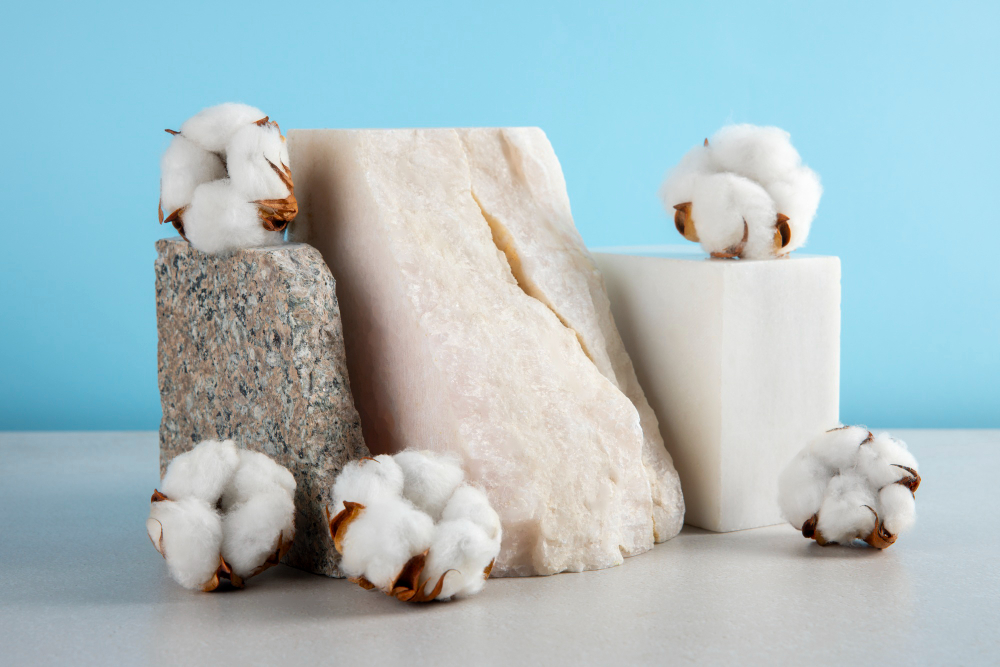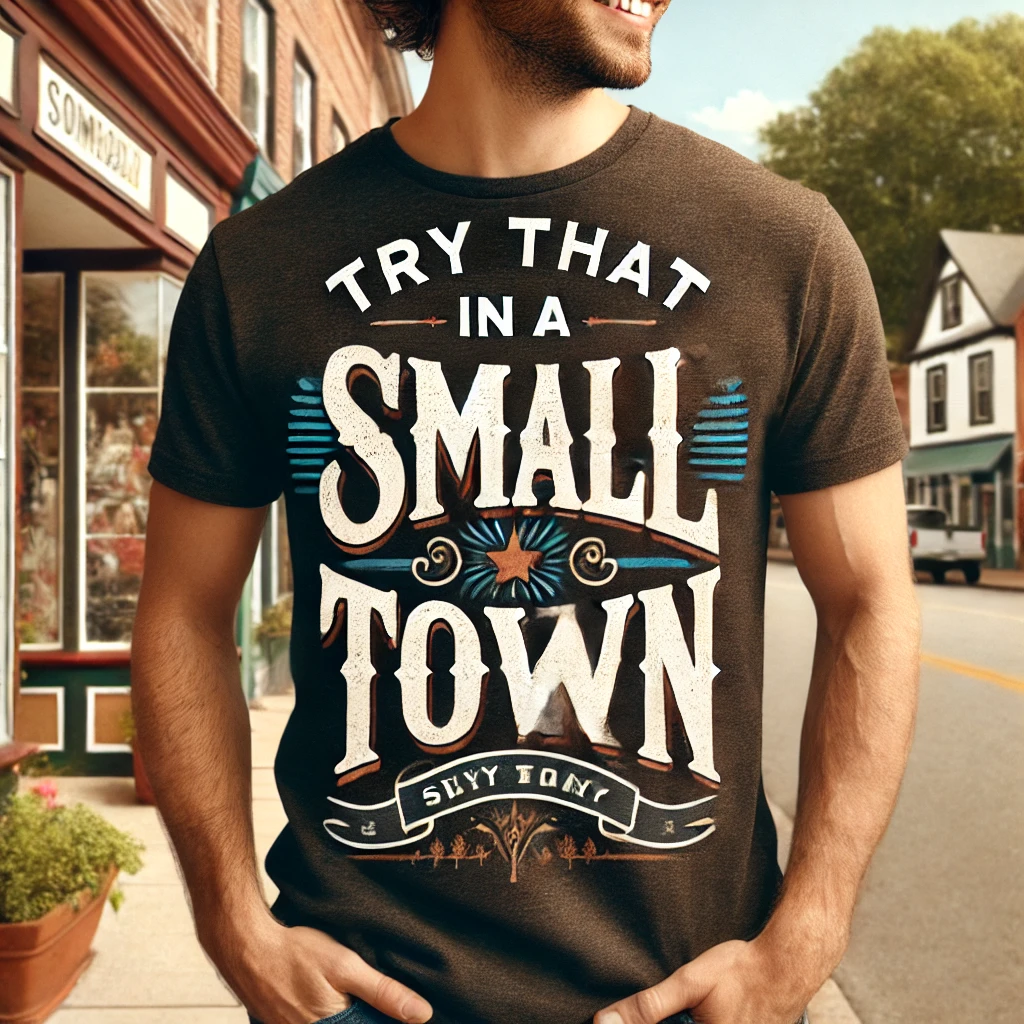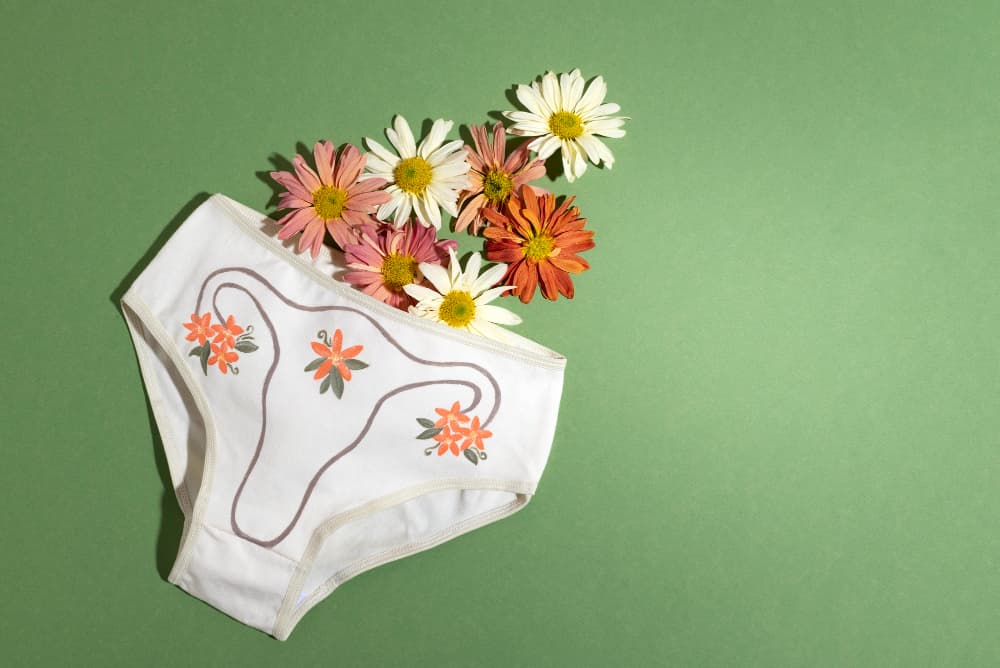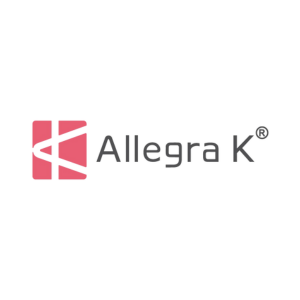
Understanding 100% Organic Cotton: Myths vs. Reality
Introduction
In recent years, the significance of sustainable fashion has gained tremendous attention, leading to a growing interest in 100% organic cotton clothing. Organic cotton is not just a buzzword; it represents a commitment to environmentally friendly practices that benefit both consumers and the planet. This blog aims to clarify what organic cotton truly means, debunk common myths surrounding it, and highlight its numerous advantages in the context of sustainable fashion.
What is 100% Organic Cotton?
Definition and Characteristics
100% organic cotton is defined as cotton that is grown without the use of synthetic pesticides, herbicides, or fertilizers. To qualify as organic, the cotton must adhere to strict agricultural standards designed to promote ecological balance and biodiversity. The key characteristics of organic cotton include its softness, breathability, and reduced environmental impact compared to conventional cotton. Unlike traditional cotton, which may be treated with harmful chemicals during its cultivation and processing, 100% organic cotton ensures a cleaner, healthier product for consumers. This purity not only makes it a better choice for individual health but also signifies a positive impact on the ecosystem.
Moreover, organic cotton is typically grown in soil that has been free from toxic substances for at least three years. This commitment to the earth not only enhances the quality of the cotton but also contributes to the regeneration of natural ecosystems, making it a more sustainable option overall.
Certification Process
To ensure the authenticity of organic cotton, various certification processes exist. Look for labels such as GOTS (Global Organic Textile Standard) or OEKO-TEX® that guarantee the product meets organic integrity. These certifications confirm that the cotton used in the garment has been grown and processed according to strict ecological and social criteria, providing consumers with peace of mind about their purchases. The certification process not only assures quality but also promotes ethical labor practices, ensuring that workers are treated fairly and work in safe conditions.
Understanding these certifications is crucial for consumers who want to make responsible choices. The transparency they provide allows buyers to feel confident in their purchases, knowing that they are supporting brands that prioritize sustainability and social responsibility.
The Growing Demand for Organic Cotton
As awareness of environmental issues increases, the demand for organic cotton has surged. Consumers are increasingly looking for sustainable options that align with their values. This growing interest is pushing brands to adopt more sustainable practices, and as a result, organic cotton is becoming more widely available. The shift towards sustainable materials is not just a trend; it’s a movement towards a more responsible fashion industry that prioritizes the well-being of the planet and its inhabitants.
Retailers are now responding to this demand by offering more organic cotton products, from everyday clothing to high-end fashion items. This increase in availability signifies a broader acceptance of organic materials in mainstream fashion, paving the way for future innovations and sustainable practices.
Debunking Common Myths About Organic Cotton
Myth 1: All Cotton is the Same
One of the most prevalent misconceptions is that all cotton fabrics are created equal. In reality, there are significant differences between 100% cotton brands and their materials. Conventional cotton is often treated with harmful chemicals that can remain on the fabric, while organic cotton is free from these toxins, offering a safer alternative for both the environment and consumer health. By choosing organic cotton, consumers can make a positive impact on their health and the planet.
This myth overlooks the environmental consequences of conventional cotton farming, which is one of the most pesticide-intensive crops globally. By opting for organic cotton, consumers support farming practices that protect water quality and promote biodiversity.
Myth 2: Organic Cotton is Too Expensive
Another common myth is that organic cotton is prohibitively expensive. While the initial cost of 100% organic clothing may be higher, it is essential to consider the long-term value of investing in quality, sustainable garments. Organic cotton is often more durable than conventional cotton, meaning it can withstand wear and tear better, ultimately saving consumers money over time. Additionally, many consumers find that the comfort and quality of organic cotton make it worth the investment.
Moreover, when consumers buy organic cotton, they are not just purchasing clothing; they are investing in a healthier planet. This perspective emphasizes the importance of viewing sustainable fashion as a long-term investment rather than a short-term expense.
Myth 3: Organic Cotton Isn’t Durable
Some may believe that organic cotton is less durable than synthetic options. This is a misconception; in fact, organic cotton can be just as strong and long-lasting as traditional fabrics. Many consumers find that pure cotton clothing not only feels better on the skin but also performs exceptionally well over time, making it a practical choice for everyday wear. The natural fibers of organic cotton provide a level of strength and resilience that synthetic alternatives often lack.
Additionally, the methods used in organic cotton farming, such as crop rotation and composting, contribute to healthier plants that are less susceptible to disease and pests. This resilience translates into clothing that can last for years, making organic cotton a wise choice for anyone looking to build a sustainable wardrobe.
The Benefits of Choosing 100% Organic Cotton Clothing
Environmental Impact
Choosing organic cotton contributes significantly to sustainability in fashion. Organic farming practices help preserve the environment by reducing the use of harmful chemicals, promoting soil health, and conserving water. The methods employed in organic cotton farming not only minimize pollution but also support biodiversity by encouraging a balanced ecosystem. By supporting organic apparel brands that prioritize these practices, consumers can positively impact the environment and advocate for a more sustainable future.
Organic cotton farming also significantly reduces carbon emissions compared to conventional cotton farming. The adoption of organic practices can help mitigate climate change effects and promote a healthier planet for future generations.
Health Benefits
Wearing pure cotton clothes offers distinct advantages, especially for those with sensitive skin. Organic cotton is hypoallergenic and free from harsh chemicals, making it gentler on the skin. This quality is particularly beneficial for individuals prone to irritation or allergies caused by synthetic materials. By choosing organic cotton, consumers can enjoy comfortable clothing that minimizes the risk of skin reactions and promotes overall well-being.
Moreover, the lack of harmful chemicals in organic cotton means that consumers are less likely to experience health issues associated with synthetic fabrics, such as respiratory problems or skin irritations.
Supporting Ethical Brands
Investing in 100% organic clothing also supports ethical practices within the fashion industry. By purchasing from organic apparel brands committed to fair trade and environmentally sustainable methods, consumers play a part in promoting social responsibility and ensuring fair treatment for workers involved in the production process. Supporting these brands helps create a more equitable and sustainable fashion ecosystem, benefiting everyone involved.
By choosing ethical brands, consumers send a clear message to the fashion industry: there is a demand for transparency, responsibility, and sustainable practices. This collective action can influence more brands to adopt similar values, creating a ripple effect that promotes positive change in the industry.
Top Organic Apparel Brands to Consider
When exploring 100% cotton brands, consider those that emphasize sustainability and transparency in their practices. Popular brands such as Patagonia, Eileen Fisher, and People Tree are known for their commitment to organic cotton and ethical production processes. These brands not only provide stylish options but also contribute positively to the environment and society.
Patagonia, for instance, incorporates recycled materials into their products and supports various environmental initiatives. Eileen Fisher is known for its transparent supply chain and dedication to social responsibility, while People Tree has been a pioneer in sustainable fashion, ensuring fair wages and working conditions for its artisans.
Additionally, brands like Tentree and MUD Jeans are making strides in sustainable practices, ensuring that every purchase has a positive impact on the planet. Tentree, for instance, plants ten trees for every item sold, creating a direct link between consumer purchases and environmental restoration.
Spotlight on Innovative Brands
A new wave of innovative brands is emerging in the organic cotton space. For instance, Organic Basics offers a range of essentials made from certified organic cotton, focusing on minimalistic designs and transparency in their supply chain. Boody is another notable mention, specializing in eco-friendly clothing made from organic bamboo and cotton, catering to consumers who prioritize sustainability without sacrificing style.
These brands are pushing the boundaries of sustainable fashion by offering trendy, high-quality products while adhering to ethical and eco-friendly practices. Their commitment to innovation not only attracts conscious consumers but also sets a benchmark for other brands in the industry.
How to Identify Genuine Organic Cotton Products
Reading Labels
To ensure you're purchasing authentic non-synthetic clothing, always read the labels carefully. Look for explicit mentions of "100% organic cotton" and verify any certifications that endorse the organic integrity of the product. Understanding the terminology used on labels can help consumers make informed choices and avoid misleading claims.
Labels may also include details about the sourcing and production practices of the brand, which can provide insight into its commitment to sustainability. By paying attention to these details, consumers can feel confident that they are making responsible purchases.
Understanding Certifications
Familiarizing yourself with various certifications can help you recognize genuine organic products. Standards like GOTS and OEKO-TEX® assure consumers that the clothing adheres to established organic guidelines, promoting confidence in your purchases. Additionally, certifications from organizations such as the USDA Organic label can provide further assurance of a product's organic authenticity.
By understanding these certifications, consumers can better navigate the market and identify brands that align with their values, ensuring that their purchases contribute to a sustainable future.
The Role of Transparency in Sustainable Fashion
Transparency in the fashion industry is essential for consumers seeking to make responsible choices. Brands that openly share information about their sourcing, production methods, and supply chain practices are more likely to be genuinely committed to sustainability. When shopping, consider supporting brands that prioritize transparency, as this fosters trust and accountability within the industry.
Supporting transparent brands not only empowers consumers but also encourages other brands to adopt similar practices, thereby promoting a culture of honesty and integrity in the fashion sector.
The Importance of Investing in Pure Cotton Clothes
Enhancing Your Wardrobe with Quality Pieces
Choosing cotton-only clothes enhances your wardrobe while supporting sustainable practices that benefit the environment. By investing in high-quality, 100% organic cotton garments, you ensure longevity and comfort, reducing the need for frequent replacements. This not only contributes to a more sustainable wardrobe but also allows you to enjoy clothing that feels good on your skin.
A sustainable wardrobe doesn't mean sacrificing style; on the contrary, organic cotton clothing can be both fashionable and functional. With a variety of designs and styles available, consumers can curate a wardrobe that reflects their personal taste while adhering to sustainable principles.
Contributing to a Greener Future
By embracing 100% organic cotton and supporting ethical brands, you contribute to a greener future. Every purchase sends a message that sustainability matters, encouraging more brands to prioritize eco-friendly practices. This collective effort can lead to significant changes in the fashion industry, promoting environmental stewardship and responsible consumption.
In conclusion, understanding the realities of 100% organic cotton clothing empowers consumers to make informed choices that positively impact the environment. By debunking myths and recognizing the benefits of organic cotton, individuals can actively participate in promoting a sustainable fashion industry that prioritizes health, ethics, and quality. The journey towards a more sustainable wardrobe starts with informed choices—embracing organic cotton is a step in the right direction.
















